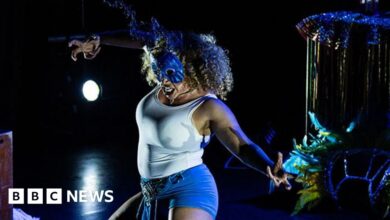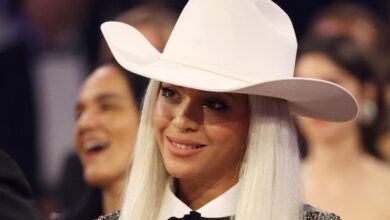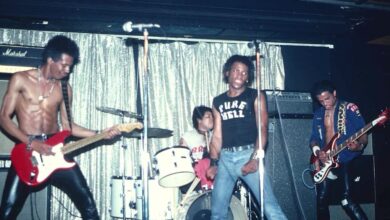How Black artists helped make country music what it is today
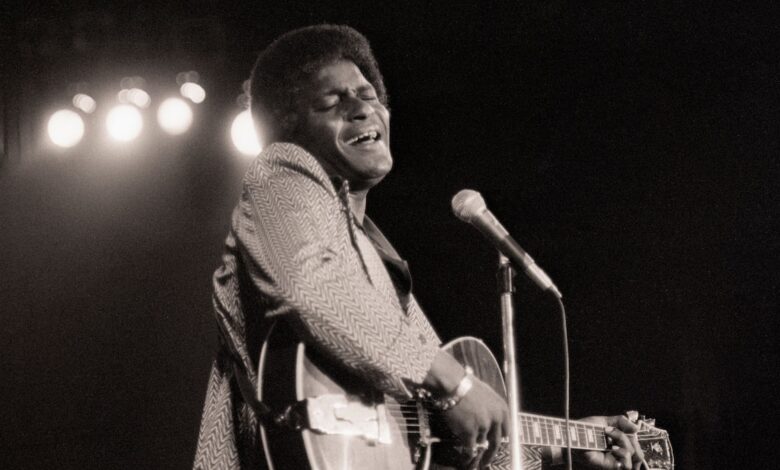
“One of the biggest lies this nation has ever told is that Black people are not country,” wrote culture critic Taylor Crumpton in the days following Beyoncé’s announcement. “Black people have always lived in the country. It is where we prayed. It is where we sang. It is where we worshiped.”
As more young and emerging Black country artists receive critical attention and accolades, there’s hope that this represents a step toward a more inclusive representation of country music—rather than just a passing trend.
Country music’s legacy
The presence of Black folks in country music, while not quite universally acknowledged, is not exactly a secret. The distinctive sound of the Carter Family, the “First Family of Country Music,” was influenced in the 1920s by Lesley Riddle, a Black blues and gospel guitar player and folklorist. As a boy in the 1930s, Hank Williams learned his craft from Black guitar player Rufus “Tee Tot” Payne, just as Johnny Cash would learn from Black musician Gus Cannon some two decades later.
Black harmonica player DeFord Bailey was the first performer on the Grand Ole Opry and helped turn Nashville into a country music mecca. Thanks to the tireless advocacy work of musicians Rhiannon Giddens and Dom Flemons, we know about the banjo’s African roots and its prominence in early Black folk music. Plus, musicians such as Charley Pride and Darius Rucker broke numerous barriers as two of the first African American country music superstars.
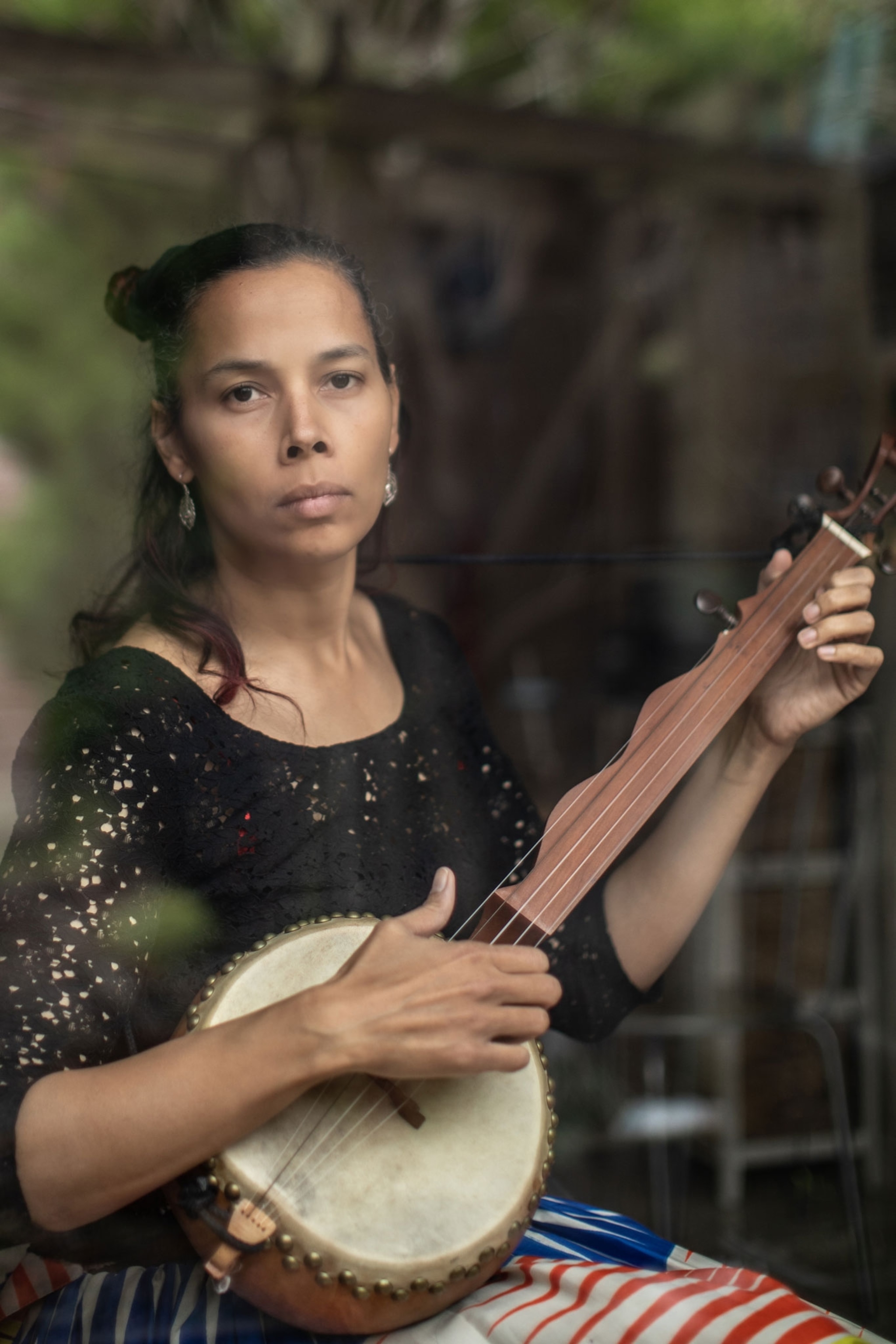
Rhiannon Giddens, a performing historian whose work highlights Black people’s pivotal role in making country music, sat with her banjo at her home in Limerick, Ireland, on November 10, 2020. Photograph by Karen Cox, The New York Times/Redux
But what isn’t as often acknowledged is how Black singers, across all genres, have historically dabbled in country. Beyoncé is by no means the first. Ray Charles, Solomon Burke, Bobby Womack, Esther Philips, Otis Williams, Millie Jackson, and Tina Turner (to name a few) have recorded country albums. More recently, rap and R&B artists Ludacris, LL Cool J, Nelly, and Snoop Dogg have each collaborated with country music superstars. Even so, the misconception of Black people being innately averse to country music has stubbornly persisted throughout the years.

